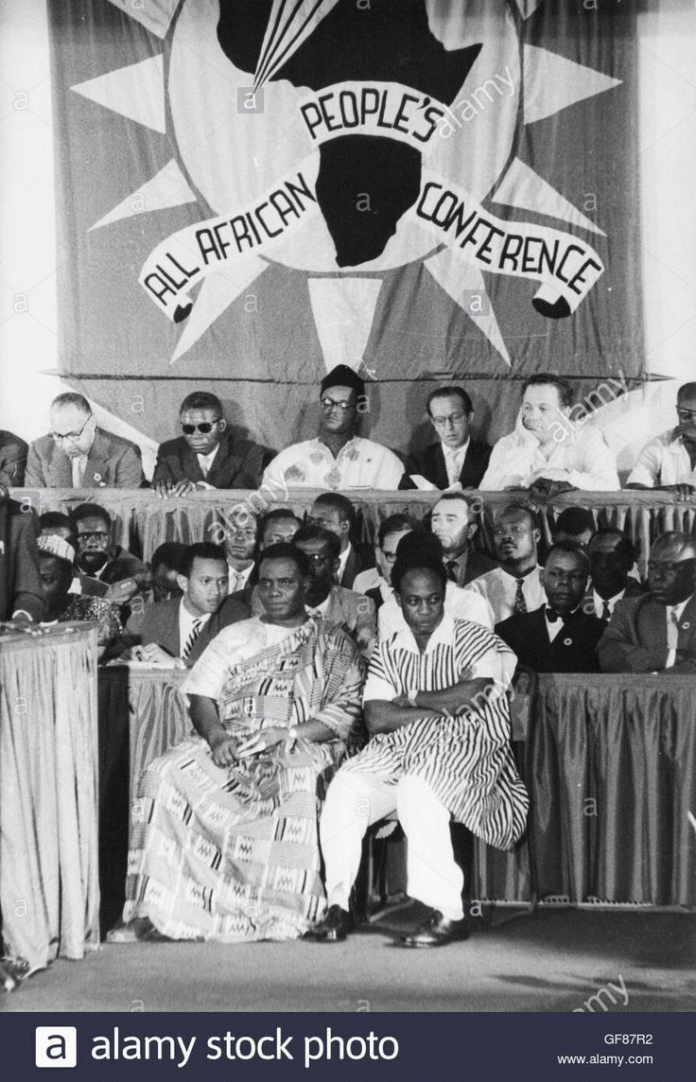The 20th century witnessed a sweeping wave of decolonization across Africa, a continent that had endured decades of European imperial control. Colonization, which intensified after the Berlin Conference of 1884–85, had carved Africa into territories under British, French, Portuguese, Belgian, and other colonial powers. By the mid-20th century, however, the winds of change began to blow. The decolonization of Africa was neither swift nor easy—it was a complex process marked by struggles, sacrifices, and eventual triumphs that reshaped the global order.
Roots of Resistance
From the very beginning, Africans resisted foreign domination. Colonization had disrupted traditional societies, exploited natural resources, and imposed foreign governance. Early revolts, such as the Maji Maji Rebellion in German East Africa (1905–07) and the Herero and Namaqua uprisings in Namibia (1904–08), reflected the determination to resist colonial exploitation. Though brutally suppressed, these revolts sowed the seeds of resistance and inspired later nationalist movements.
The Turning Point: World War II
The aftermath of World War II dramatically accelerated decolonization. Many Africans had served in European armies during the war, and returning soldiers demanded freedom and dignity at home. The war also weakened colonial powers economically and politically, making it difficult for them to maintain vast empires. At the same time, the rise of global institutions like the United Nations promoted the principle of self-determination, giving African nationalists a stronger platform.
The Rise of Nationalist Movements
From the late 1940s, nationalist leaders emerged across Africa, mobilizing masses through political parties, unions, and grassroots campaigns. Figures like Kwame Nkrumah in Ghana, Jomo Kenyatta in Kenya, and Julius Nyerere in Tanzania became symbols of a new era. They called for independence not just as a political right but as a moral necessity. In 1957, Ghana became the first sub-Saharan country to gain independence under Nkrumah’s leadership, sparking hope across the continent.
Paths to Independence: Peaceful and Violent
Decolonization in Africa took two major routes: peaceful negotiations and violent struggles. Some nations, such as Ghana, Nigeria, and Tanzania, achieved independence through constitutional reforms and political dialogue. Others, however, faced fierce resistance from colonial powers unwilling to relinquish control.
Algeria’s struggle against French rule (1954–62) was among the bloodiest, costing nearly a million lives.
Kenya’s Mau Mau rebellion (1952–60) reflected deep frustrations over land seizures and discrimination.
In Southern Africa, liberation movements fought long battles against settler regimes, particularly in Zimbabwe, Angola, and Mozambique, where independence came only after protracted wars in the 1970s.
Triumphs of Independence
By the mid-1970s, most African nations had achieved independence. These triumphs were not merely political victories—they represented the reclaiming of identity, dignity, and sovereignty. New flags were raised, colonial symbols removed, and constitutions written by Africans themselves. Leaders envisioned a future of unity and development, as expressed in the formation of the Organization of African Unity (OAU) in 1963, which sought to promote solidarity and collective progress.
Challenges of the Post-Colonial Era
Yet, independence was only the first step. Many nations inherited fragile economies designed to serve colonial interests, not local development. Arbitrary borders drawn by colonizers often grouped diverse ethnic communities together, leading to tensions and conflicts. Corruption, military coups, and Cold War interventions further complicated nation-building. Despite these challenges, the resilience of African people and leaders ensured that the spirit of decolonization lived on.
The story of decolonization in Africa is one of immense struggle and remarkable triumph. It reflects the courage of ordinary people, the vision of nationalist leaders, and the determination of a continent to reclaim its destiny. While the journey after independence has been uneven, the achievement of freedom remains one of the most significant transformations of the 20th century. Africa’s decolonization was not just about ending colonial rule—it was about restoring the right of its people to shape their own future.



